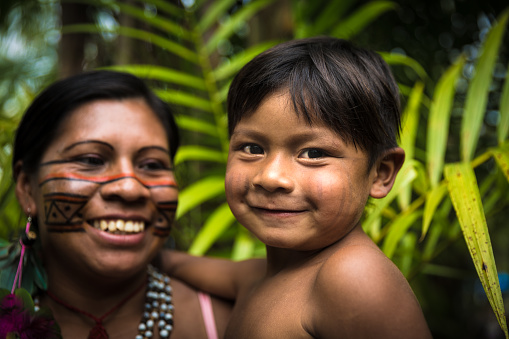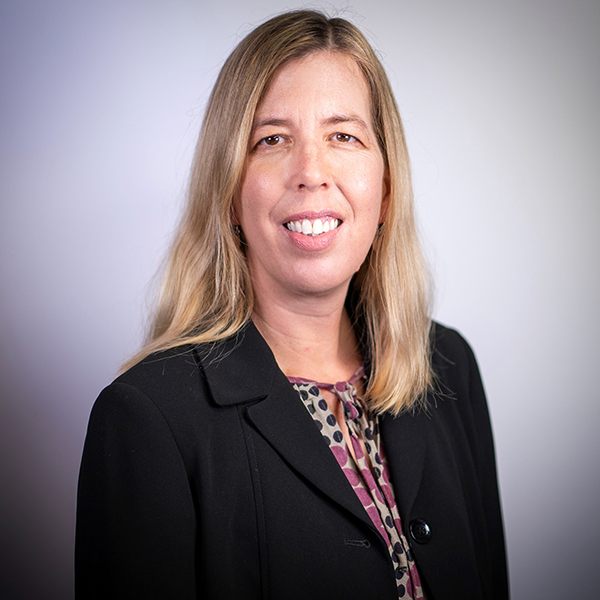Gender equality is an international development priority, particularly in the context of climate finance. While the current forest-focused climate finance architecture involves numerous private sector and institutional stakeholders, it can – and should – serve to enhance women’s empowerment and gender equality. In recent years, studies, reports and projects have demonstrated that promoting the gender-responsiveness of climate finance can help improve its effectiveness, impact, and the sustainability of investments.
However, barriers in social mentalities, education systems, political participation and decision-making processes, together with legal restrictions on access to capital, markets and land ownership, hinder the avenues for women to access and benefit from climate-forest finance. Compounding this problem, new emerging carbon market mechanisms for forests may be gender-blind in their building blocks and requirements.
After years of effort and investment, many countries have advanced from a REDD+ readiness phase to validated national strategies, increased capacities, and implementation of on-the-ground activities to reduce deforestation. Furthermore, with renewed concern for the increasingly visible climate emergency, political commitments, financial mechanisms and flows to address climate change are growing rapidly. It is therefore very timely to take stock of the gender responsiveness of climate forest finance and to find ways to address inequities, in order to achieve the transformational change needed to reach the Paris Agreement climate goals.
Such was the impetus for a recent knowledge exchange event organized on 27 October 2021 by the UN-REDD Programme – an event timed to inform and shape dialogue at the 26th Conference of the Parties to the United Nations Framework Convention on Climate Change (COP-26) and to kick-off collaboration among a range of stakeholders – from donor agencies to gender experts and practitioners.
This well-attended knowledge event spotlighted gender issues and approaches in the evolving climate-forest finance arena, as well as showcased ongoing efforts by governments, donors, CSOs and international organizations and networks to mainstream gender equality and empower women economically within such finance initiatives. Mario Boccucci, the Head of the UN-REDD Secretariat, opened up the event by highlighting the need to unlock and leverage the full potential that climate-forest finance can have when it also integrates gender and empowers women.
Titi Soentoro, Executive Director for Aksi! for Gender, Social and Ecological Justice in Indonesia, spoke to her organization’s role as a civil society observer with the Green Climate Fund. Focusing in on their advocacy work around the GCF-funded REDD+ results-based payments (RBP) project in Indonesia, she discussed details of their efforts to raise awareness to help identify and address gender challenges and gaps faced by the project.
Karin Ericsson, a Programme Specialist on Gender Equality with the Swedish International Development Cooperation Agency (Sida) discussed Sida’s approach to support gender mainstreaming within its climate and forest initiatives. She also highlighted the need for the integration of feminist perspectives to unlock possibilities for transformative change that is inclusive and sustainable.
Maria Elena Herrera Ugalde, Technical Coordinator of the National REDD + Strategy, National Fund for Forestry Financing (FONAFIFO) of Costa Rica, highlighting Costa Rica’s key programmes involving women and addressing gender gaps in biodiversity, forest and water sectors through the “+Women + Nature” Programme. She provided details of how the different initiatives within this Programme give credit to and prioritize women as beneficiaries to ensure women can more equitably access and receive benefits for their involvement in forest conservation and REDD+ efforts.
Dr. Jeannette Gurung, Executive Director for Women Organizing for Change in Agriculture and Natural Resource Management (WOCAN), presented the W+ Standard, a standard that measures the impact of project activities on women's empowerment and incentivizes and accelerates investments that support women through an innovative benefit-sharing mechanism. She spoke to how the W+ Standard can help scale impact for both gender and climate action and increase effectiveness and gender-equitable benefit sharing in forest and climate projects and investments.
Finally, Elizabeth Eggerts, the Gender Specialist for the UN-REDD Programme, shared key UN-REDD achievements in Nigeria, Colombia and Viet Nam, also demonstrating how climate-forest finance can be designed and implemented so that women can be equitably and meaningfully involved in decision-making processes and incentive structures, which in turn can help to improve the sustainably and effectiveness of REDD+ actions.
These interventions and discussions left participants with a key message: Engaging actors fully and equitably across all genders is necessary for effective, lasting and inclusive climate-forest actions, as they are all strong agents of change, with unique and complementary knowledge and skills that are necessary for sustainable REDD+ action.
Thus, it is necessary to go beyond gender mainstreaming – to specifically target and involve women and men equitably in climate-forest finance mechanisms. Such deliberate strategies will extend the impact and benefits of those mechanisms, particularly around the climate-forest nexus. Ultimately, organizers aim to build momentum from this event and encourage action and replication among countries, financiers and development stakeholders in the climate-forest financial arena. So, stay tuned for more events and action on this important topic in 2022!
Please click here to watch the recording of the event.


